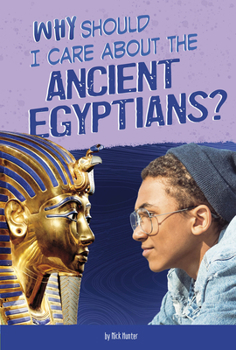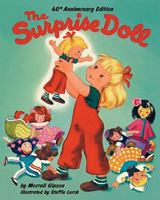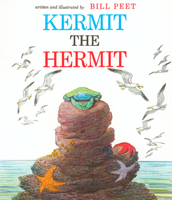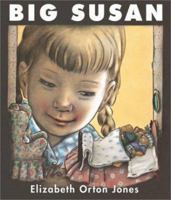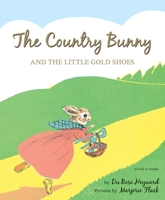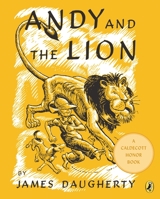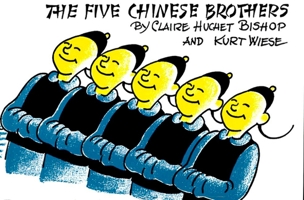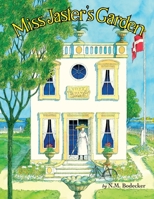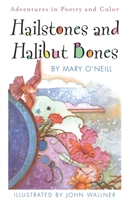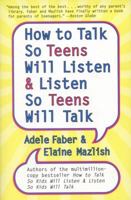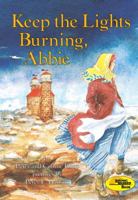Why Should I Care about the Ancient Egyptians?
Select Format
Select Condition 
You Might Also Enjoy
Book Overview
The Ancient Egyptians are famous for their pyramids and mummies, but how do these ancient items impact your life today? From hieroglyphs evolving into emojis and kohl around the eyes evolving into eye liner and mascara, the inventions and discoveries of Ancient Egypt offer us endless reasons to appreciate history.
Format:Hardcover
Language:English
ISBN:0393058948
ISBN13:9780393058949
Release Date:June 2005
Publisher:W. W. Norton & Company
Length:256 Pages
Weight:1.36 lbs.
Dimensions:1.1" x 6.4" x 9.4"
Customer Reviews
3 customer ratings | 3 reviews
There are currently no reviews. Be the first to review this work.










